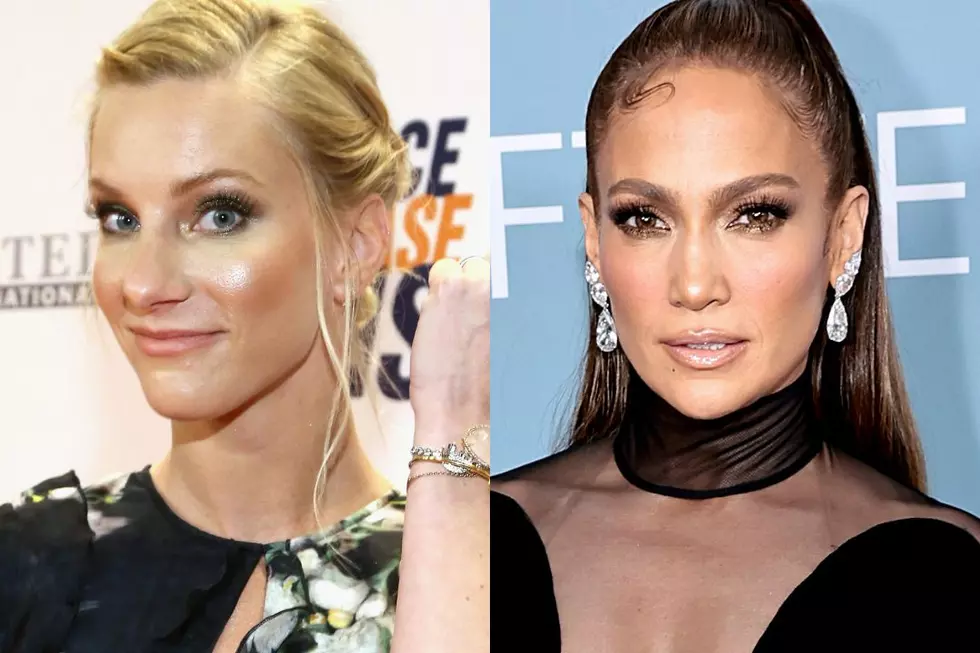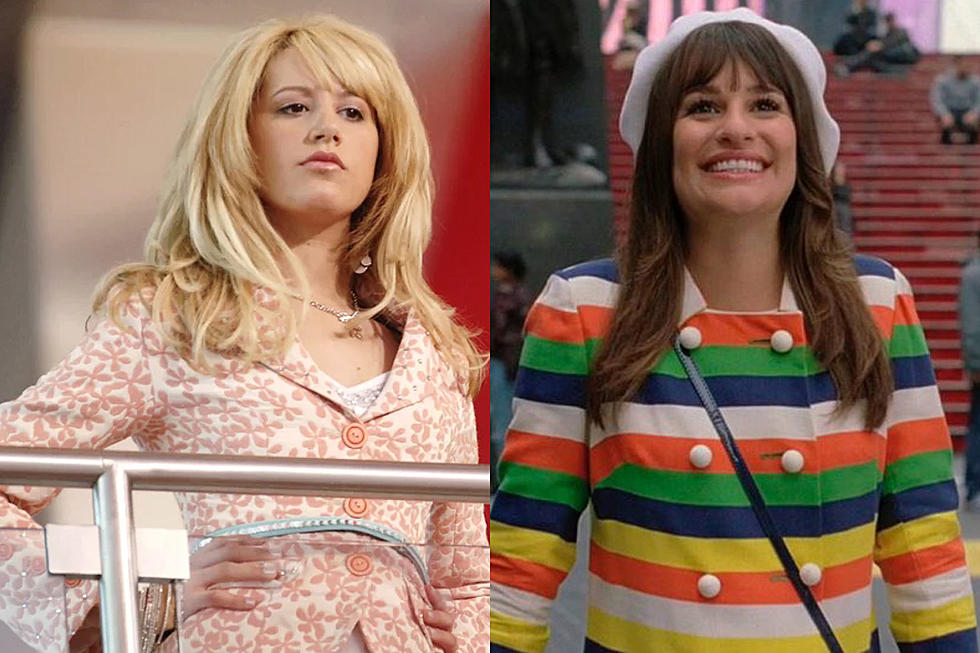
Jane Lynch Wants Women Who Host Podcasts to Lower Their ‘Annoying’ High-Pitched Voices
Jane Lynch just pulled a Sue Sylvester. Just like the character she played on Glee, the actress has created an environment that is so toxic. Only instead of setting her sights on the Glee Club, the Funny Girl star focused on women's voices on podcasts.
She shared some unsolicited advice about the topic on Twitter.
"I love women. I AM a woman," she wrote. "Our voices are higher than men's voices. Women's voices can get into the annoying area if it gets too high. If you're doing a podcast, consider lowering your pitch a tad."
Lynch seemingly predicted that her tweet would ruffle a few feathers. She signed off with a message for any potential haters: "If you think I'm being sexist about this then I don't know what to do with you."
To be fair, she did note that her advice also applied to men with higher voices. For instance, Ben Shapiro.
However, the tweet was met with mixed reactions.
Some people were in agreement and shared other recommendations for podcasters. For instance, one Twitter user wrote that they were unenthused with the reliance on vocal fry. Others complained about the overuse of the word "like" or ending a sentence in a higher pitch so that it sounds like a question.
However, others pointed out that women shouldn't have to adjust their tone to be more appealing to others.
"Would it be ok to tell all blond people to go brunette because the glare of the sun off of their hair hurts your eyes," one user asked. "No. This isn't ok to say either. Listen to whatever podcasts you want but stop policing people's speaking voices."
"I love Jane Lynch but I'm afraid I think this is just internalized misogyny," another added. "We're all conditioned to think a lower tone is best because men have always had the microphone. No need to dent the confidence of those with high pitches who want the microphone."
Check out some of the responses to Lynch's tweet below:
Although Lynch claimed that her advice wasn't rooted in sexism, it's worth pointing out that the realm of podcasting already tends to favor male creators. According to The Wrap, the split between male and female listeners is pretty even.
However, less than a quarter of the top-performing podcasts were run by women during a study they conducted in 2020.
If the industry is already a "boys club," recommendations like this might make some women think that they simply don't belong.
Interestingly, Vocal Impact noted that women's voices do seem to be getting lower in recent years. However, this creates a difficult situation where women with lower voices are viewed one way while higher voices are viewed another. Women then have to adjust their voices to fit different situations, which isn't sustainable.
Instead of policing a woman's timbre and pitch, it seems easier to just let them speak naturally. Not to rain on anyone's parade or anything like that.
Deleted Tweets Celebrities Wish We Never Saw
More From Mix 95.7










